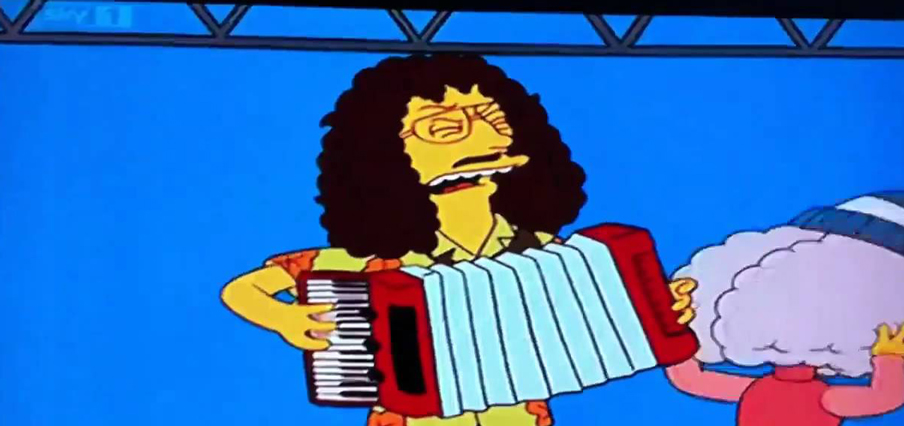TMN Ask A Lawyer: Slurred Lines, the parody law

TMN Ask A Lawyeris a semi-regular column where our readers receive expert legal advice from a renowned entertainment lawyer.
Q:In the UKpeople are free to make parodies of copyrighted material without legal repercussions, what’s the law in Australia?
A: The simple answer is that Australian copyright law has allowed for parody for longer than in the UK.
In essence, making a parody of a work without the copyright owner’s permission is an infringement of copyright. However, there are some exceptions for fair dealing of a copyright work and these include parody and satire. In order to fit within these exceptions the parody must be fair and genuinely for the purpose of parody and satire. Whether or not a parody is ‘fair’ can only be determined on a case by case basis taking in to account various factors including the purpose and character of the use of the parody, the nature of the parody, whether or not these purposes could have been achieved without the use of the original work and the effect of the parody on the value of the original work.
Working out whether a parody is genuinely for the purpose of parody or satire is more difficult. The Copyright Act does not define parody and these exceptions have not really been tested in the Australian courts. Commentary on the law, dictionary definitions and overseas cases all indicate that a parody should be (unsurprisingly) humorous and should comment on or criticise the original work, it’s author or style. But, beyond that, we don’t really know how far you can go with parody from a legal point of view.
This means that there may be legal and/or commercial repercussions if the author of the work or target of the parody takes offence and decides to test the law by making a claim. Whether or not they have a legal claim or are successful in that claim may be irrelevant if they have more resources or power or both than you as it will cost you money to defend such a claim. You would need to make a risk assessment before making your parody public by considering who the target is; whether or not they are likely to take offence, which may be determined by looking at their history in that regard and what the reach or profile of the parody may be; their profile and resources as well as what the purpose of the parody is and what the outcomes might be both socially or politically and economically and whether they would consider those outcomes to be advantageous or harmful. Weird Al Yankovic got away with releasing parodies of high profile songs for years before these exceptions to copyright infringement existed because he was almost as famous as his targets and so it’s likely that their profile benefited from his parodies. If not, it is likely that it would have damaged their reputation to make a claim against an artist as popular as Weird Al!
:: ASK A LAWYER – BAND MANAGEMENT
:: ASK A LAWYER – BREACH OF CONTRACT
:: ASK A LAWYER – LABEL SHOPPING
:: ASK A LAWYER – P2P FILE SHARING
:: ASK A LAWYER – WHAT'S IN A NAME?
:: ASK A LAWYER – GIG CONTRACTS
:: ASK A LAWYER – STREAMING EXPLAINED
:: ASK A LAWYER – MUSIC VIDEO COPYRIGHT
Julia Koskyworks for Brett Oaten, whoestablished his legal practice during the grunge era, and specialises in music and other entertainment matters. In the music industry Oaten principally represents artists and some current clients include 360, Angus & Julia Stone, Empire Of The Sun, Lorde, and Troye Sivan. Oaten is also a founding board member and life member of FBi Radio.
Submit your questions toinfo@themusicnetwork.comor tweet them at us:@themusicnetwork
To read more about Brett Oaten and to get in contact, visit his firm’s official websitebrettoaten.com.au. Oaten tweets at:@brettoaten

































